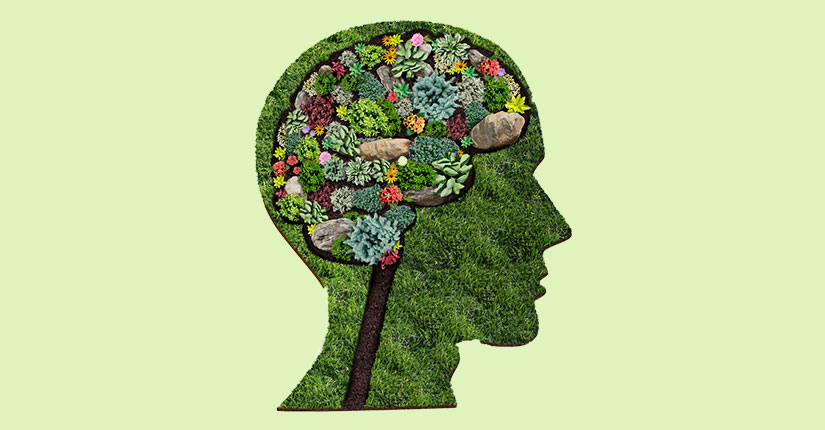WHO Tweeted That Environmental Crises Can Affect our Mental Health
By Nmami Agarwal 09-Jun 2022 Reading Time: 3 Mins

Have you ever heard about terms such as solastalgia ecological grief eco-anxiety? These are being used to describe the negative impacts of climate change on our well-being and mental health. At the World Health Organization, we are ringing alarm bells about the growing impact of climate change on our mental health. Imagine a family losing their home in a flood, a delight or wildlife that destroys the crops, resulting in hunger, poverty, and loss of livelihood. Or a teenager living on an island faced with the horror that soon what she calls home might be submerged due to rising sea levels. What we know is climate change does impact our mental health. And for some people, the impacts can be overwhelming leading to feelings like fear, anxiety, depression, and helplessness. And it can also increase the risk of developing a mental health disorder. And vulnerable groups like indigenous people, communities living in areas prone to climate-related disasters, and young people are disproportionately affected. There are nearly a billion people living worldwide with mental health conditions today. And yet governments spend on average just 2% of their health budgets on mental health. But there is good news. Many of the things that we need to do to cut carbon emissions such as walking or cycling or spending time in nature are also good for our mental as well as physical health. Let’s bring mental health to our response to the climate crisis.
Climate change is a growing global crisis. Its scale is already massive, and with inaction, it continues to grow. It results in both acute hazards, such as hurricanes, floods, and wildfires, and slower-onset threats, such as ecosystem changes, food and water insecurity, and loss of place and culture. Climate change is one of a number of global environmental threats. The effects of unsustainable human activities, such as deforestation, ecosystem degradation, depletion, loss of biodiversity, and economies that are reliant on fossil fuels are leading to water and food insecurity, air pollution, and contamination of land, rivers, and oceans. All of these are having a measurable adverse impact on human health, mental health, and well-being and further exacerbating the climate emergency
Over To You:
The environmental crisis is not only bad for our physical health but also our mental health. It can affect our mental health in such a way that it can cause depression, anxiety, grief, and helplessness.





















